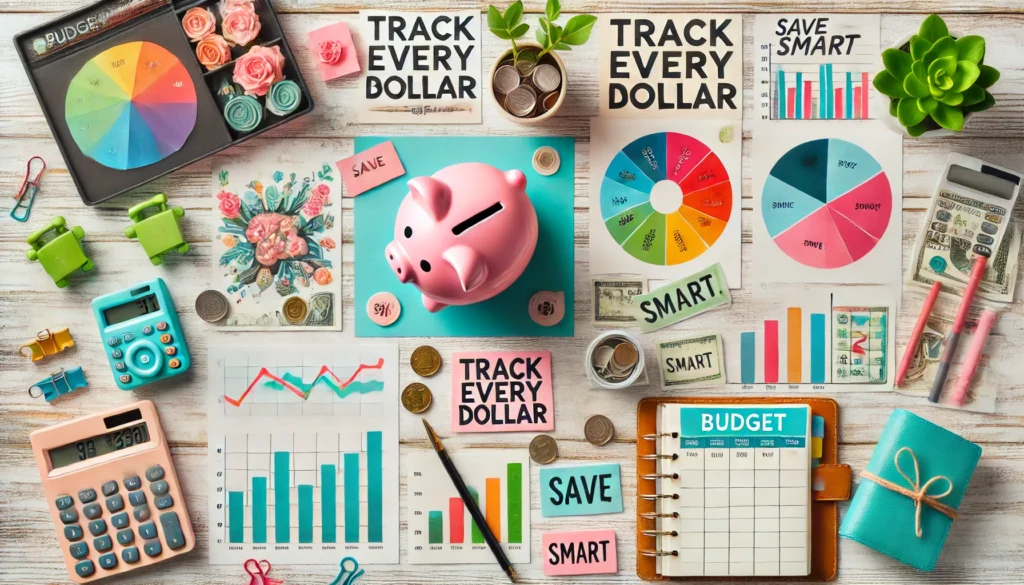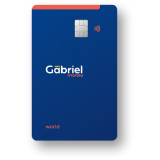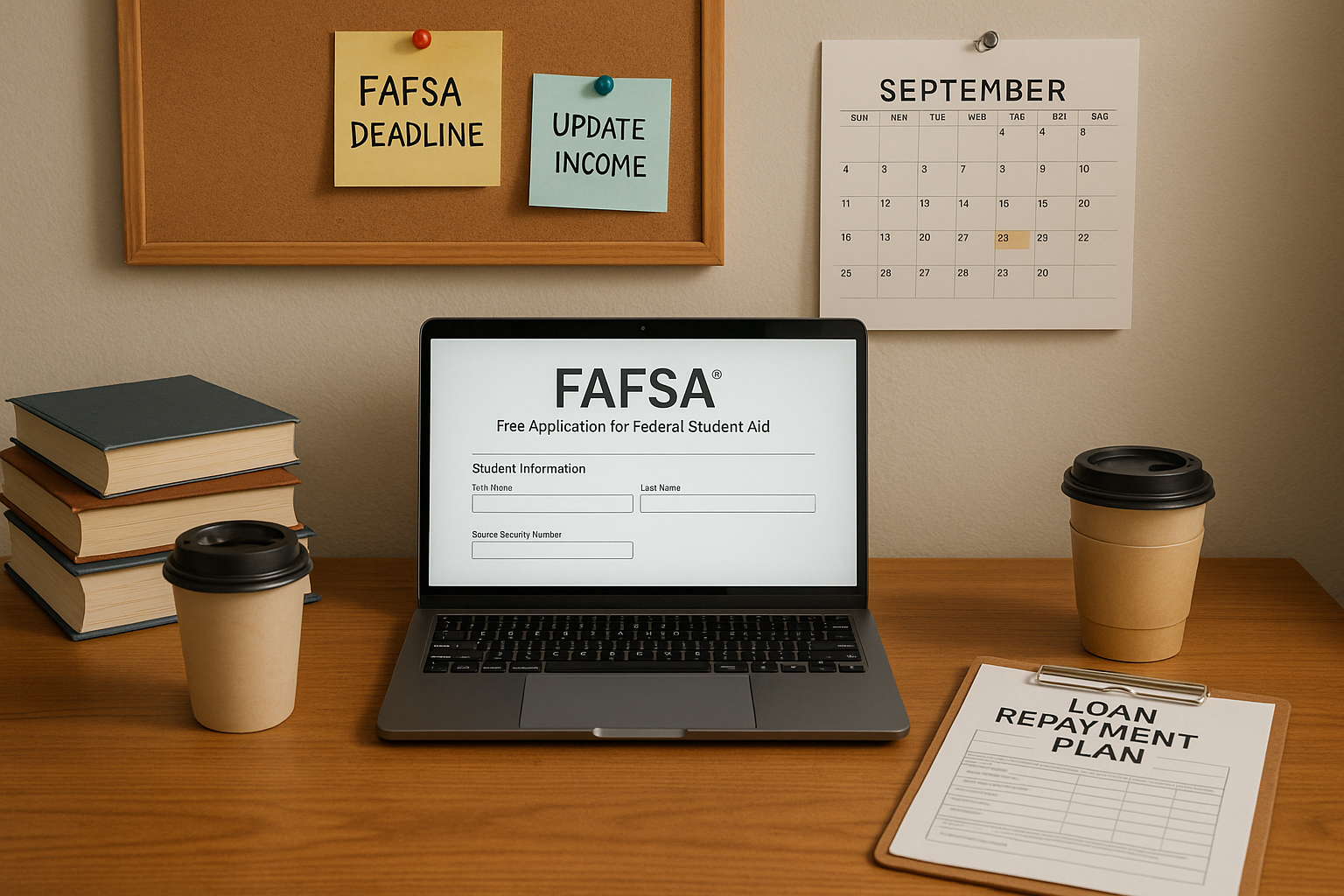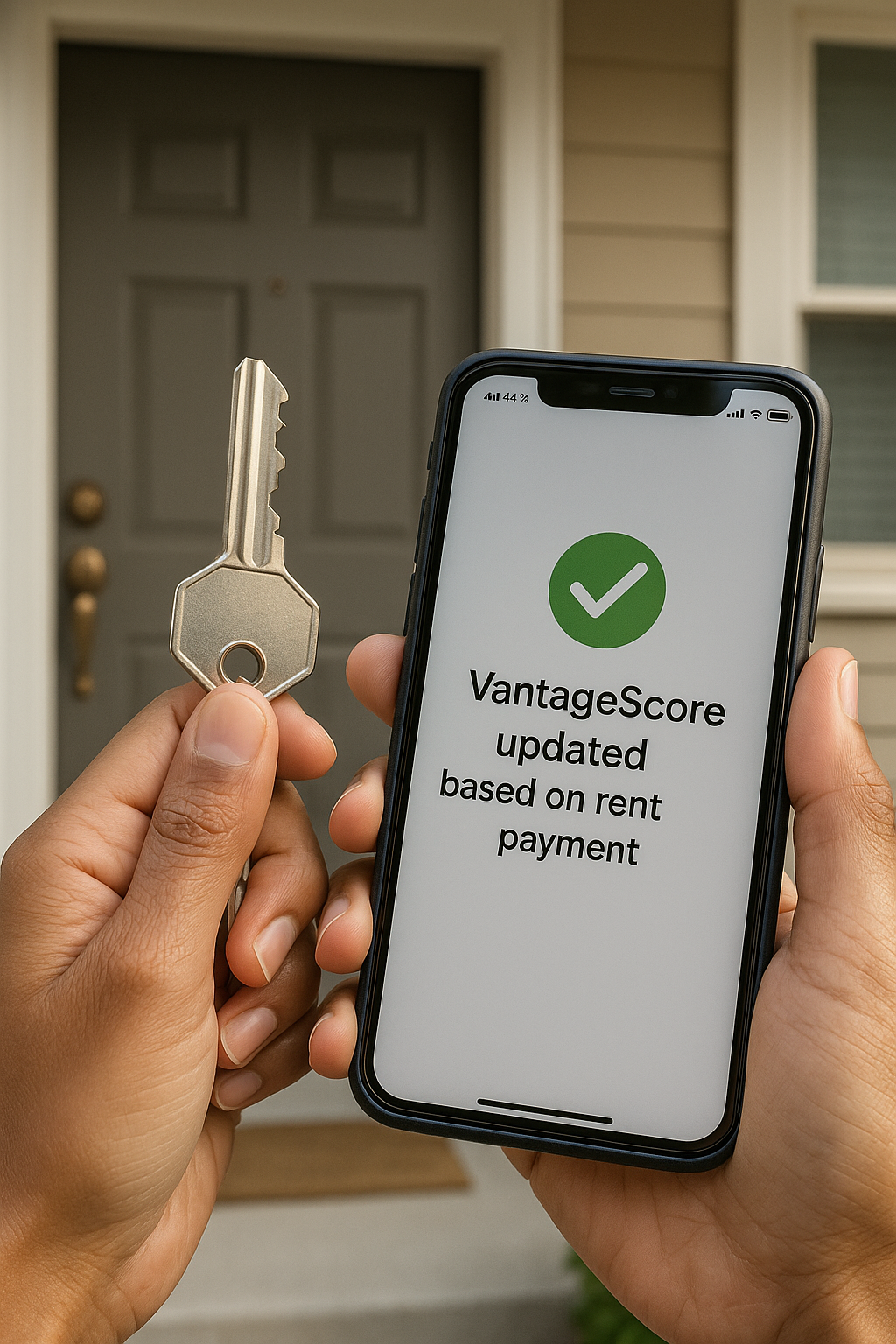
Managing personal finances is a crucial skill that can lead to greater financial stability and peace of mind. One of the key components of effective budgeting is tracking expenses. By understanding where your money goes, you can make informed decisions that align with your financial goals. In this blog, we’ll explore the benefits of tracking expenses, how it helps in understanding spending habits, and ways to identify areas to cut back on expenses.
Benefits of Tracking Expenses
Tracking your expenses offers numerous benefits that can transform your financial life:
- Increased Awareness: Knowing exactly where your money is going helps you become more mindful of your spending habits.
- Improved Financial Control: With a clear picture of your expenses, you can make adjustments to stay within your budget.
- Better Decision Making: Detailed expense tracking provides the data needed to make informed financial decisions.
- Reduced Stress: When you have control over your finances, it reduces the stress and anxiety that can come with financial uncertainty.
Understanding Spending Habits
Once you start tracking your expenses, patterns in your spending habits will emerge. Understanding these patterns is key to making meaningful changes:
- Categorize Your Spending: Break down your expenses into categories such as groceries, entertainment, utilities, and transportation. This helps you see where you are spending the most.
- Identify Trends: Look for trends in your spending. Do you spend more on dining out than you realized? Are there seasonal fluctuations in your utility bills?
- Set Realistic Goals: Use the insights gained from your spending patterns to set realistic financial goals. Whether it’s saving for a vacation or paying off debt, understanding your habits helps you create achievable plans.
Identifying Areas to Cut Back on Expenses
With a clear understanding of your spending habits, you can identify areas where you can cut back without feeling deprived:
- Prioritize Needs Over Wants: Make a distinction between necessities and discretionary spending. Cutting back on non-essential items can free up funds for more important goals.
- Reduce Impulse Purchases: Create a shopping list before heading to the store and stick to it. Avoiding impulse buys can save a significant amount of money over time.
- Evaluate Subscriptions and Memberships: Review all your subscriptions and memberships. Cancel any that you no longer use or that don’t provide value. Do you really need all those streaming services?
- Find Cost-Effective Alternatives: Look for cheaper alternatives to your regular expenses. This could mean cooking at home more often instead of dining out, or using public transportation instead of driving.
Conclusion
Tracking expenses is a powerful tool in personal budgeting that can lead to a more stable and fulfilling financial life. By increasing awareness, understanding spending habits, and identifying areas to cut back, you can make informed decisions that bring you closer to your financial goals. Start tracking your expenses today and take the first step towards financial freedom.
Don’t miss our next article where we continue discussing methods of tracking expenses and how digital tools can help you on your financial journey!
We’ve got you!







